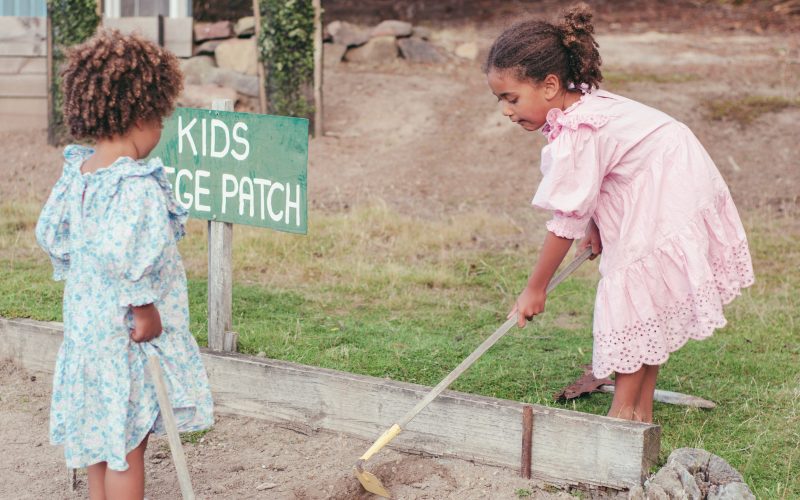Introduction:
From a young age, children are exposed to various stereotypes that shape their understanding of the world around them. These stereotypes can be harmful and limit a child’s potential, leading to discrimination and prejudice. It is essential to challenge these stereotypes and provide children with a more diverse and inclusive upbringing.
What are Stereotypes?
Stereotypes are generalizations about a particular group of people based on their race, gender, religion, or other characteristics. These generalizations can be positive or negative and are often based on limited or inaccurate information. Stereotypes can lead to discrimination and prejudice, as they create a narrow view of the world and limit a person’s potential.
The Impact of Stereotypes on Children:
Children are particularly vulnerable to the impact of stereotypes. From a young age, they are exposed to gender roles, racial stereotypes, and other biases that shape their understanding of the world. These stereotypes can limit a child’s potential and lead to discrimination and prejudice. For example, girls may be told that they are not good at math or science, leading them to believe that they are not capable of pursuing careers in these fields. Similarly, boys may be told that they should not show emotions, leading them to suppress their feelings and struggle with mental health issues later in life.
Challenging Stereotypes in Children’s Upbringing:
Challenging stereotypes in children’s upbringing is essential to creating a more diverse and inclusive society. Parents, teachers, and caregivers can play a crucial role in challenging stereotypes by providing children with positive role models and exposing them to diverse perspectives. For example, parents can encourage their children to pursue their interests, regardless of gender stereotypes. Teachers can incorporate diverse literature and history into their lessons, exposing children to different cultures and perspectives. Caregivers can model inclusive behavior and language, challenging stereotypes and promoting acceptance.
The Benefits of Challenging Stereotypes:
Challenging stereotypes in children’s upbringing has numerous benefits. It promotes diversity and inclusion, creating a more accepting and tolerant society. It also allows children to reach their full potential, free from the limitations of stereotypes. By challenging stereotypes, children can develop a more nuanced understanding of the world and become more empathetic and compassionate individuals.
Conclusion:
Challenging stereotypes in children’s upbringing is essential to creating a more diverse and inclusive society. Parents, teachers, and caregivers can play a crucial role in challenging stereotypes by providing children with positive role models and exposing them to diverse perspectives. By doing so, we can create a world where everyone is free to reach their full potential, regardless of stereotypes and biases.












